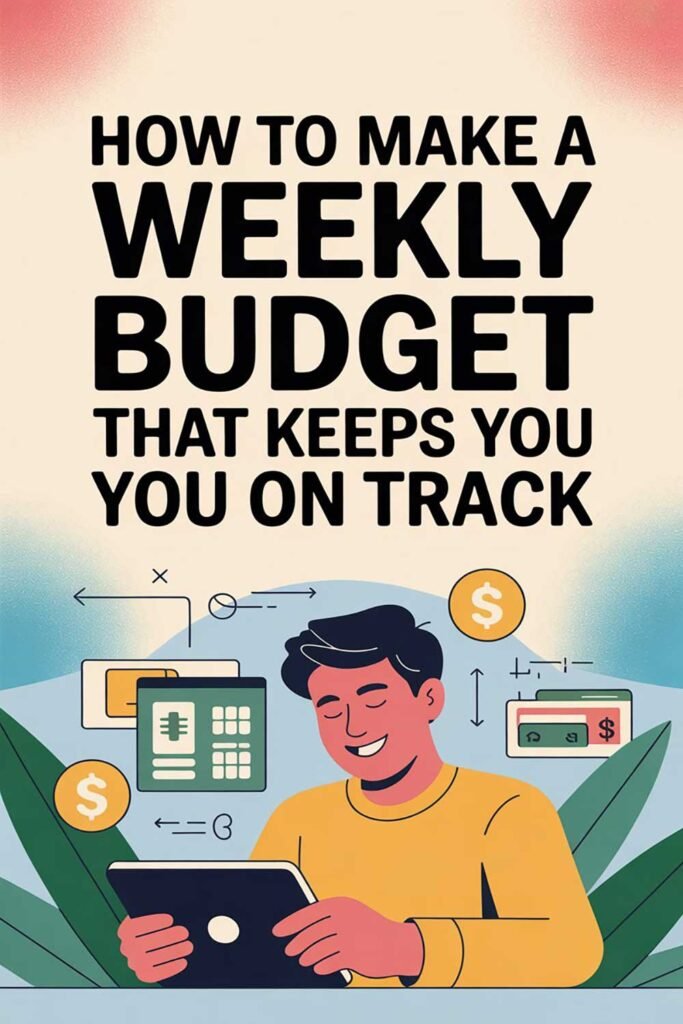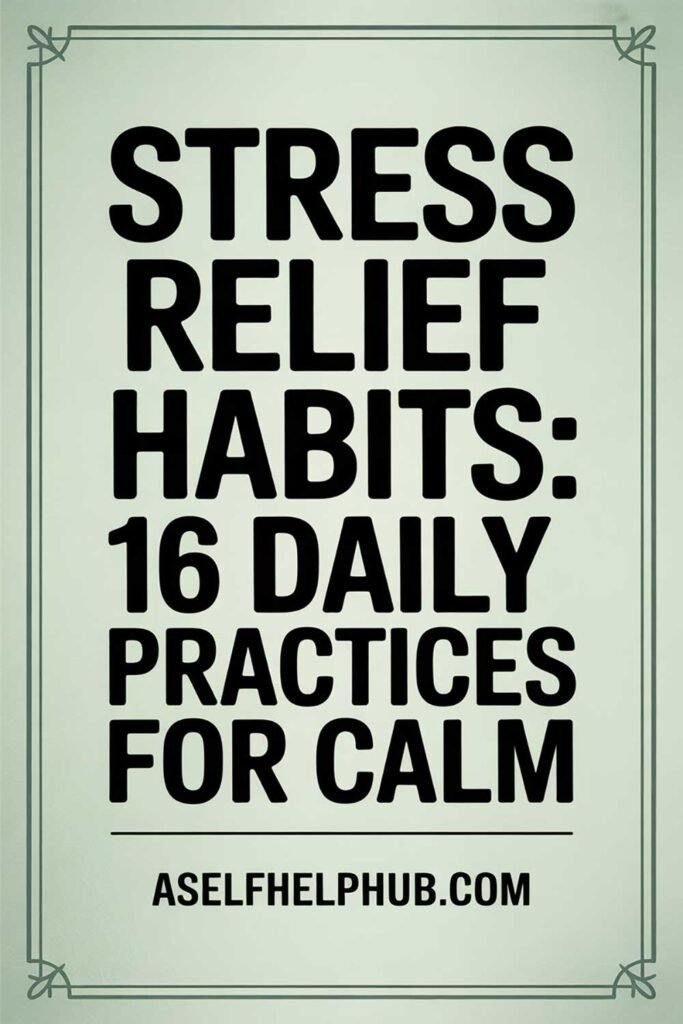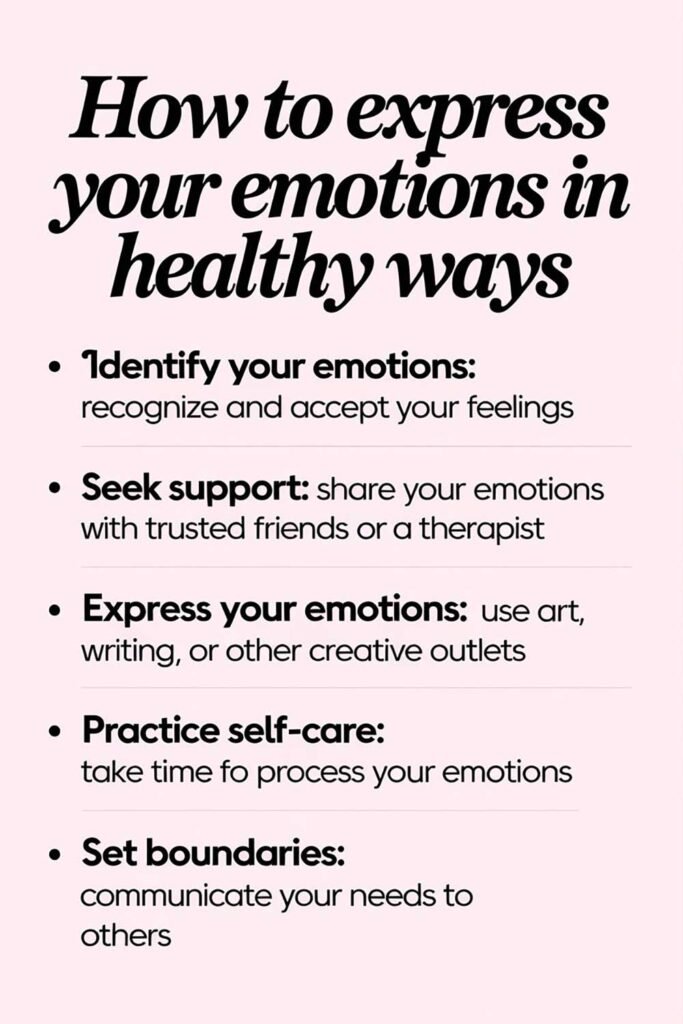Growth Mindset vs. Fixed Mindset: What’s the Difference?
Your mindset shapes how you think, feel, and respond to life. It influences your success, resilience, learning, and relationships. At the core of personal development and achievement lies one crucial distinction: growth mindset vs. fixed mindset.

Understanding this difference can be a game-changer in your personal, academic, or professional life. This article explores what each mindset means, how they show up in everyday life, and how to shift from fixed to growth thinking to unlock your full potential.
What Is a Fixed Mindset?
A fixed mindset is the belief that abilities, intelligence, and talents are innate and unchangeable.
People with a fixed mindset often think:
- “I’m just not good at this.”
- “If I fail, it means I’m not smart.”
- “I avoid challenges because they make me look weak.”
They see effort as fruitless, feedback as criticism, and setbacks as personal failures.
What Is a Growth Mindset?
A growth mindset is the belief that abilities and intelligence can be developed with effort, learning, and persistence.
People with a growth mindset believe:
- “I can improve with practice.”
- “Mistakes help me learn.”
- “Feedback helps me grow.”
They embrace challenges, value progress, and view effort as a path to mastery.
The Origin: Carol Dweck’s Groundbreaking Research
The terms “fixed mindset” and “growth mindset” were coined by Dr. Carol Dweck, a psychologist from Stanford University. Her research showed that students who believed they could grow their intelligence performed better over time than those who believed their abilities were fixed.
Her studies found that praising kids for effort instead of intelligence led to more resilience, better problem-solving, and greater achievement.
Growth vs. Fixed Mindset: Key Differences
| Area | Fixed Mindset | Growth Mindset |
|---|---|---|
| Intelligence | Static | Develops over time |
| Challenges | Avoids them | Embraces them |
| Failure | Personal flaw | Opportunity to grow |
| Feedback | Takes it personally | Uses it for improvement |
| Effort | Seen as useless | Essential for success |
| Success of Others | Threat | Source of inspiration |
Real-Life Examples of Each Mindset
Example 1: Career Growth
Lena, a marketing assistant, was passed over for promotion. With a fixed mindset, she believed she just wasn’t leadership material. But after reading about growth mindset, she took feedback seriously, learned new skills, and earned a leadership role within a year.
Example 2: Academic Struggles
Jason, a college student, failed his first chemistry exam. Instead of giving up, he joined study groups, watched online tutorials, and practiced problems daily. He went from a D to an A- by the end of the semester.
Example 3: Fitness and Health
Monica couldn’t run for more than a minute. A fixed mindset told her she wasn’t an athlete. A growth mindset helped her train 3 times a week, gradually increasing her endurance. Nine months later, she completed her first 10K.
How to Shift from Fixed to Growth Mindset
1. Notice Fixed Mindset Triggers
When do you feel stuck, defeated, or judged? Identify patterns in:
- Feedback
- Failure
- Challenges
- Comparing yourself to others
2. Use Growth Language
Switch from:
- “I can’t do this” to “I can’t do this yet.”
- “I’m terrible at this” to “I’m learning.”
3. Celebrate Effort, Not Just Outcomes
Reward your persistence, strategies, and progress—not just results.
4. Seek Feedback and Learn From It
Ask: “What can I do better next time?”
5. Surround Yourself With Growth-Oriented People
Mindsets are contagious. Find mentors, friends, or teams that value growth.
Growth Mindset Benefits
- Greater resilience after setbacks
- Increased motivation and effort
- Higher achievement in school and career
- Improved relationships
- Enhanced creativity and problem-solving
Real-life tip:
DeAndre, a manager, began using growth mindset language in team meetings. Productivity improved, and employees started sharing more ideas. His team began leading the company in innovation metrics within 6 months.
Growth Mindset in Different Life Areas
- Career: Embrace new roles, seek mentorship, stay curious
- Relationships: View conflict as growth opportunity, forgive mistakes
- Health: Try new workouts, build habits gradually
- Finances: Learn from money mistakes, try new budgeting tools
💬 20 Quotes About Mindset and Growth
“Whether you think you can or think you can’t, you’re right.” — Henry Ford
“Success is not an accident. It is hard work, perseverance, learning, studying, sacrifice…” — Pelé
“It’s not that I’m so smart, it’s just that I stay with problems longer.” — Albert Einstein
“You miss 100% of the shots you don’t take.” — Wayne Gretzky
“The expert in anything was once a beginner.” — Helen Hayes
“Failure is not the opposite of success; it’s part of success.” — Arianna Huffington
“A comfort zone is a beautiful place, but nothing ever grows there.” — Unknown
“Mistakes are proof that you are trying.” — Jennifer Lim
“Growth is painful. Change is painful. But nothing is as painful as staying stuck somewhere you don’t belong.” — Mandy Hale
“Don’t wish it were easier. Wish you were better.” — Jim Rohn
“Every champion was once a contender that refused to give up.” — Rocky Balboa
“If you’re not failing every now and again, it’s a sign you’re not doing anything very innovative.” — Woody Allen
“Believe you can and you’re halfway there.” — Theodore Roosevelt
“You can’t go back and change the beginning, but you can start where you are and change the ending.” — C.S. Lewis
“Doubt kills more dreams than failure ever will.” — Suzy Kassem
“What we achieve inwardly will change outer reality.” — Plutarch
“If you want something you’ve never had, you must be willing to do something you’ve never done.” — Thomas Jefferson
“The mind is everything. What you think you become.” — Buddha
“There is no failure except in no longer trying.” — Chris Bradford
“Becoming is better than being.” — Carol Dweck
🧐 Picture This
Picture yourself a year from now. You face a challenge, but instead of shrinking back, you lean in. You tell yourself, “This is how I grow.” You reflect on how far you’ve come—the skills you’ve gained, the confidence you’ve built, the goals you’ve achieved. You’re not perfect, but you’re progressing.
You don’t fear failure anymore—you’re fueled by it.
So ask yourself: What would your life look like if you chose growth, every day?
📬 Please Share This Article
If this article inspired you to embrace a growth mindset or helped you reframe how you see failure and effort, please share it with someone who could benefit from a little mindset shift today.
⚠️ Disclaimer
This article is based on psychological research, behavioral science, and personal development insights. It is intended for informational purposes only. For mental health concerns, consult a licensed professional.






